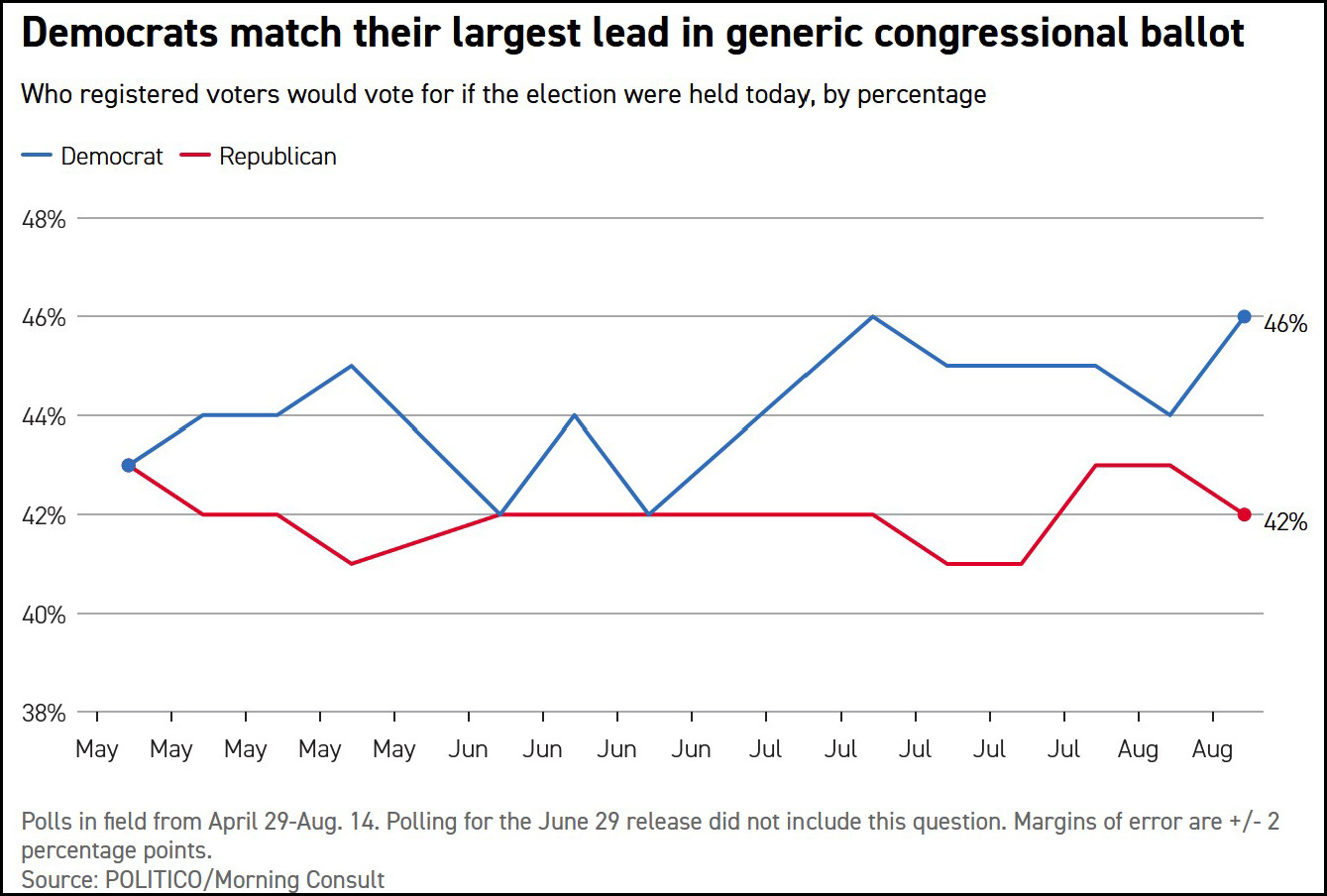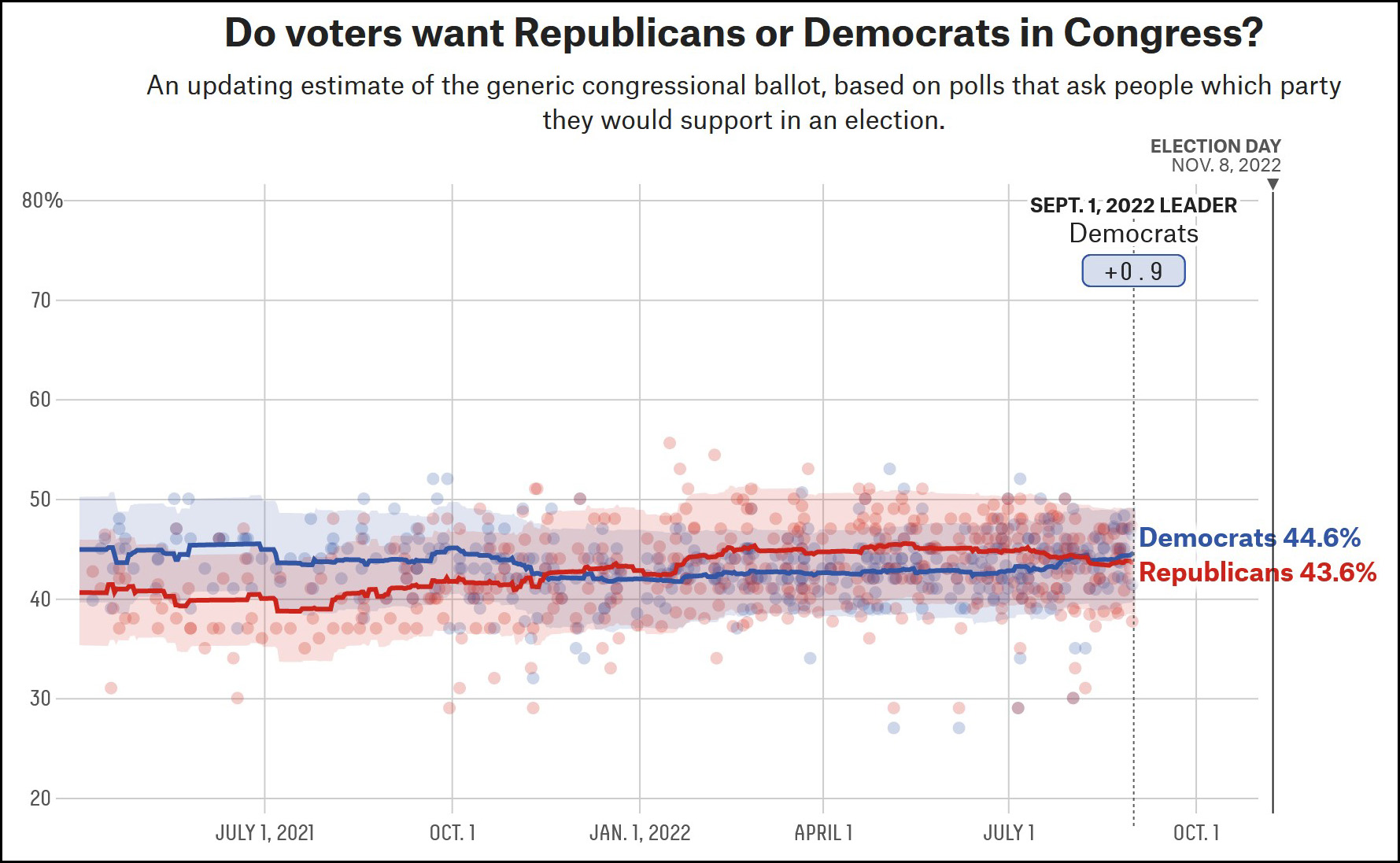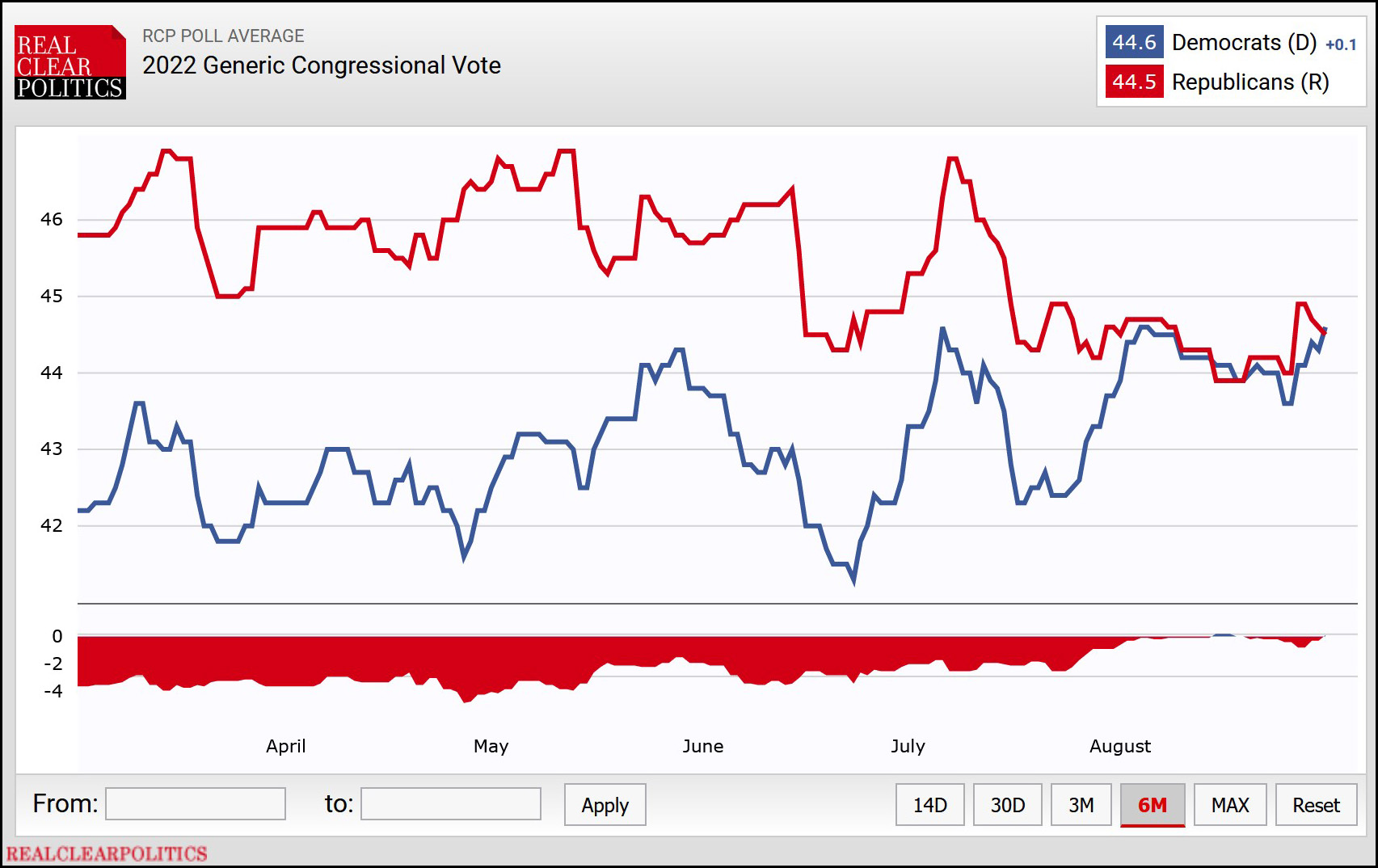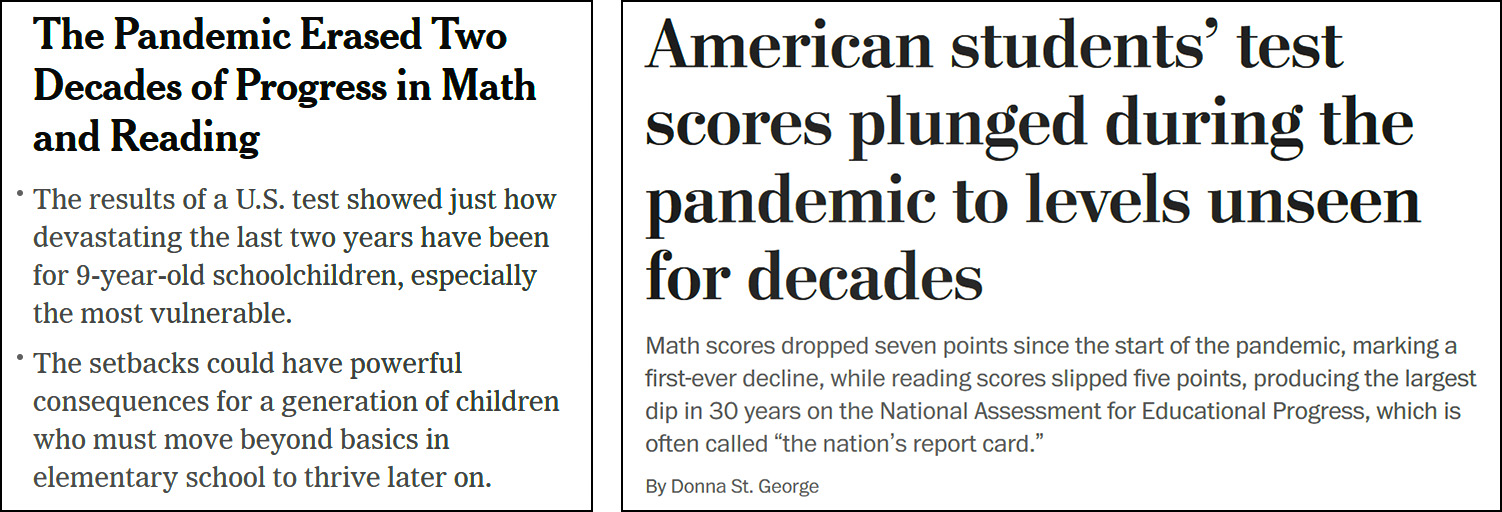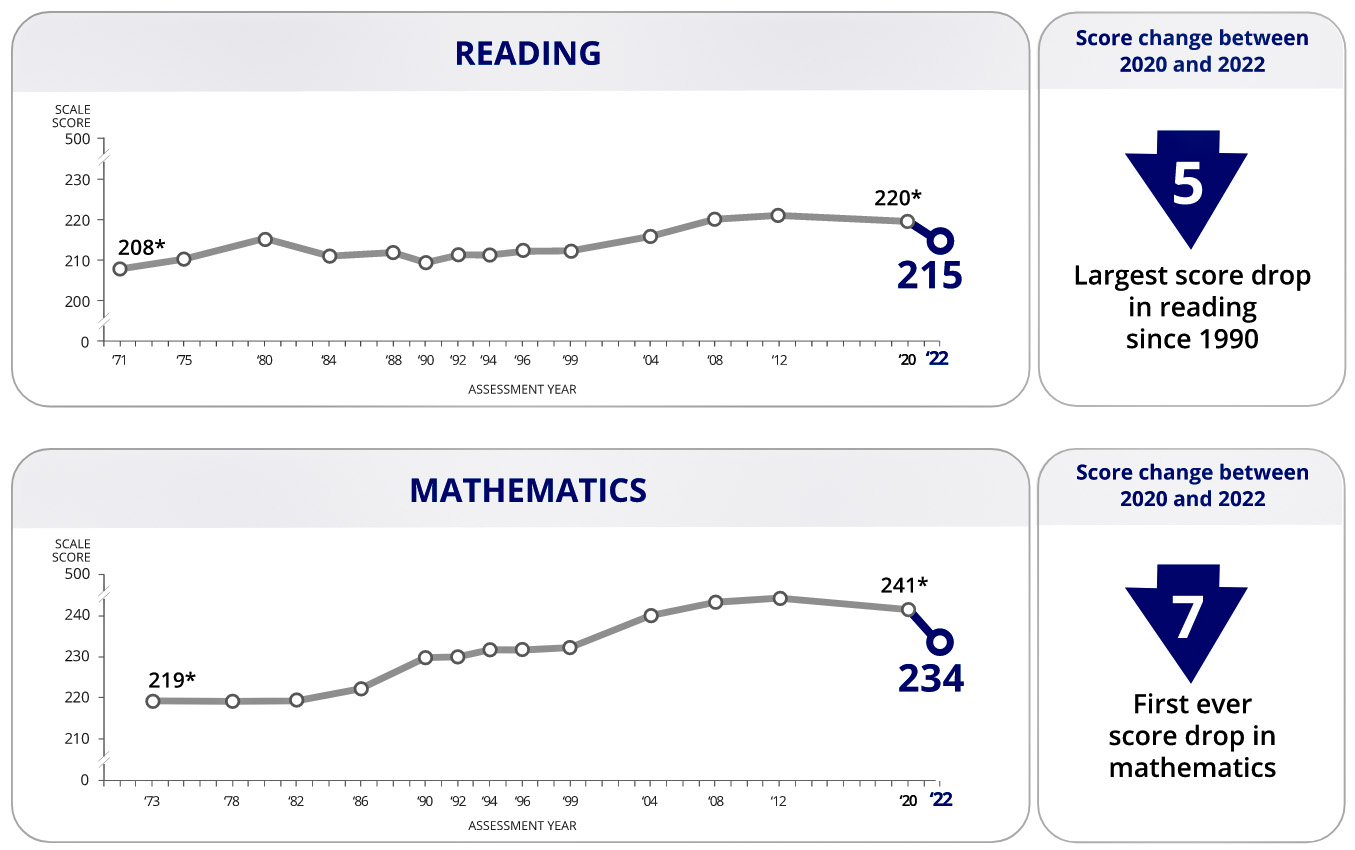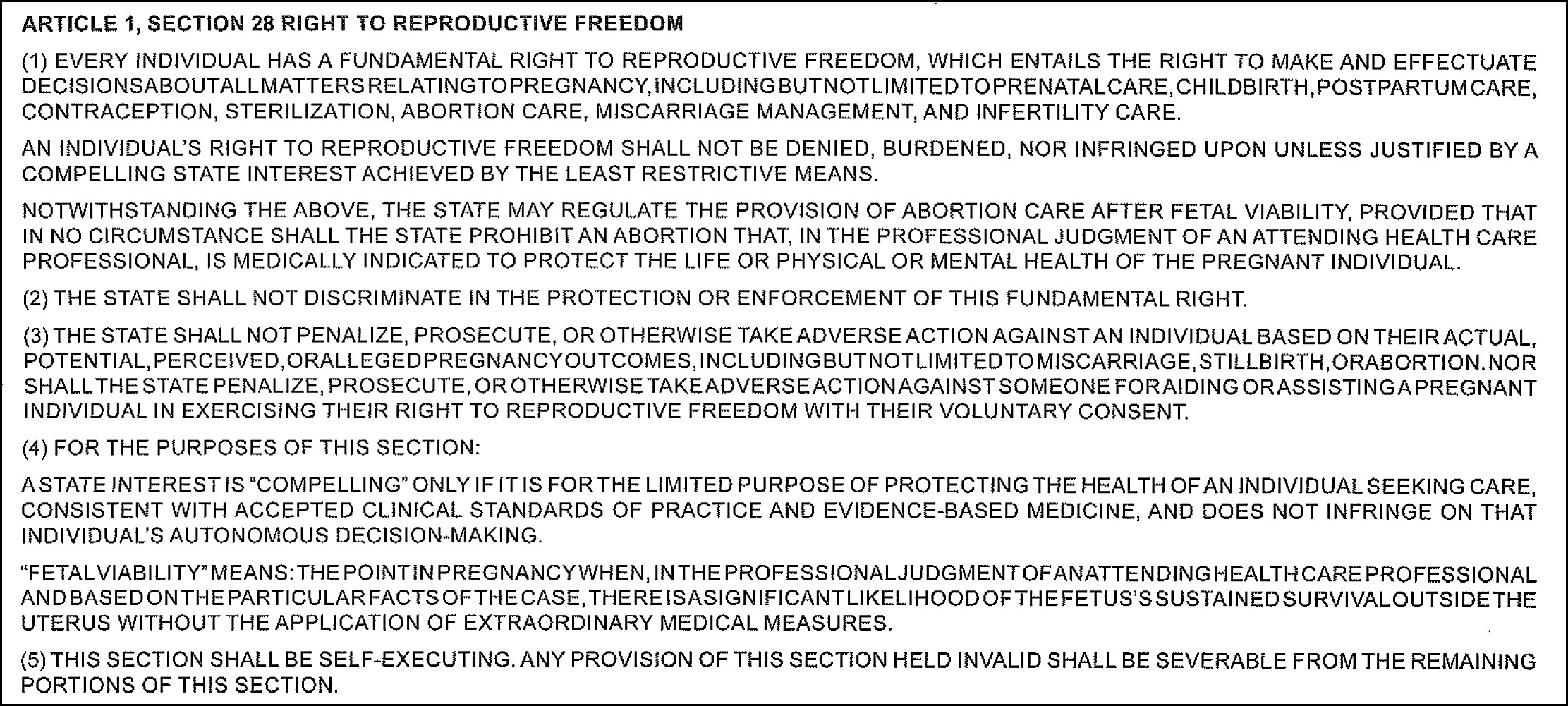From the editor of National Review:
It’s amazing that Biden and his team feel comfortable lecturing us about the rule of law and the Constitution without feeling the slightest self-consciousness about his having just lawlessly spent up to $1 trillion…
They think they can get away with it—and they’re right
— Rich Lowry (@RichLowry) September 2, 2022
I swear I will never understand this kind of thing. NR is institutionally anti-Trump. They are specifically opposed to Trump's disdain for the law and his Big Lie about winning the 2020 election. So even if there are things about Biden's speech Lowry dislikes—Biden's a liberal, Lowry's a conservative, so it's no surprise if there are—it's still the case that it was mostly an anti-Trump speech that specifically called out Trump's disdain for the law and his Big Lie about winning the 2020 election.
That sounds great. But what does Lowry spend his time on? His pique over Biden "lecturing" us and his outrage over Biden "lawlessly" cancelling some student debt. For chrissake. There's nothing lawless about it. This is just a routine disagreement that will be settled in court. Maybe Biden will win, maybe he'll lose. But either way, presidents do this kind of thing all the time, and they're forced to defend it in court all the time.
So why not spend more time on the core of the speech instead? Would it kill Lowry to say that Biden is basically right and then add some caveats? How are Republicans ever going to rid themselves of Trump if no one with an audience is willing to do even that much?


